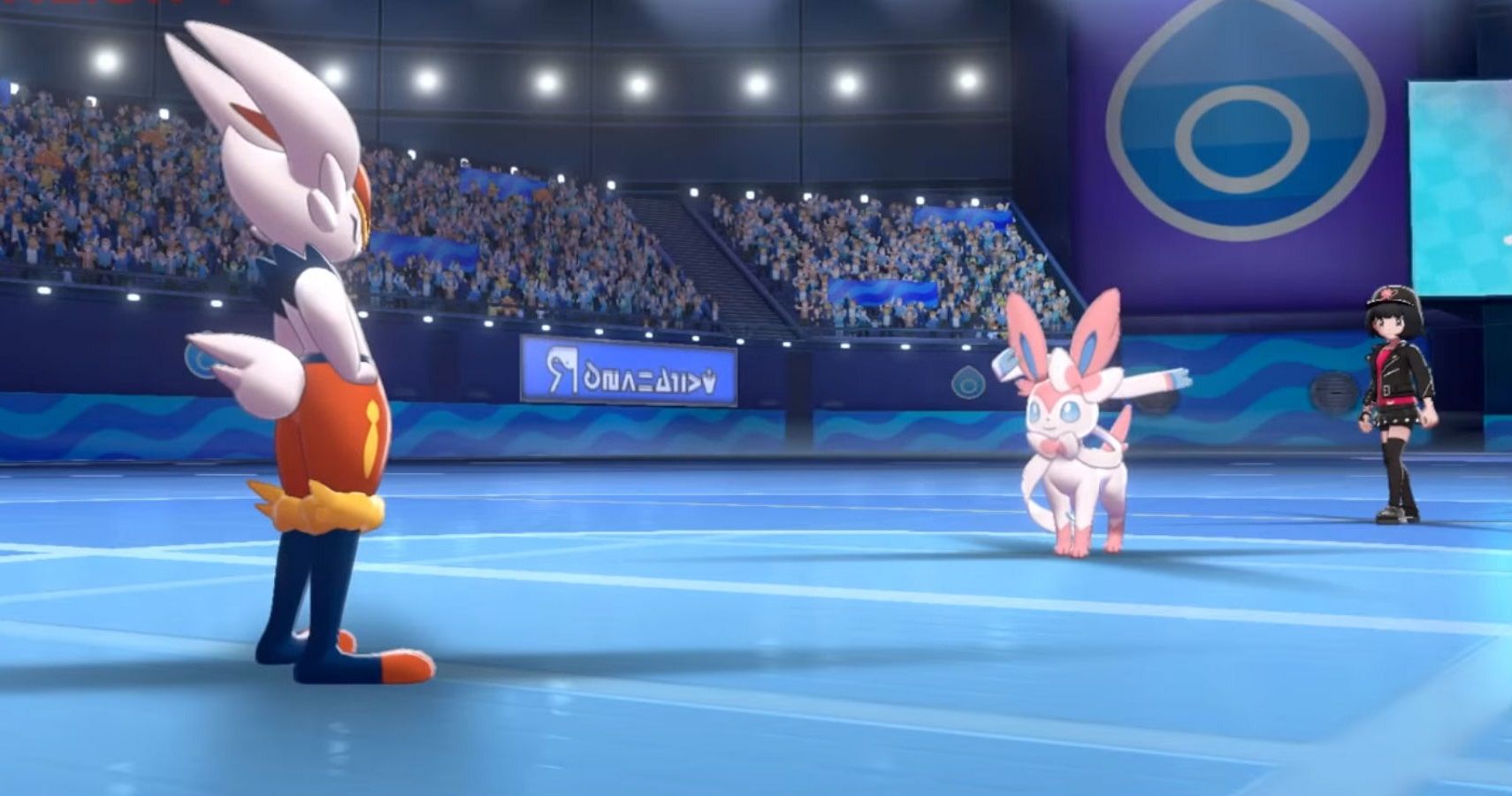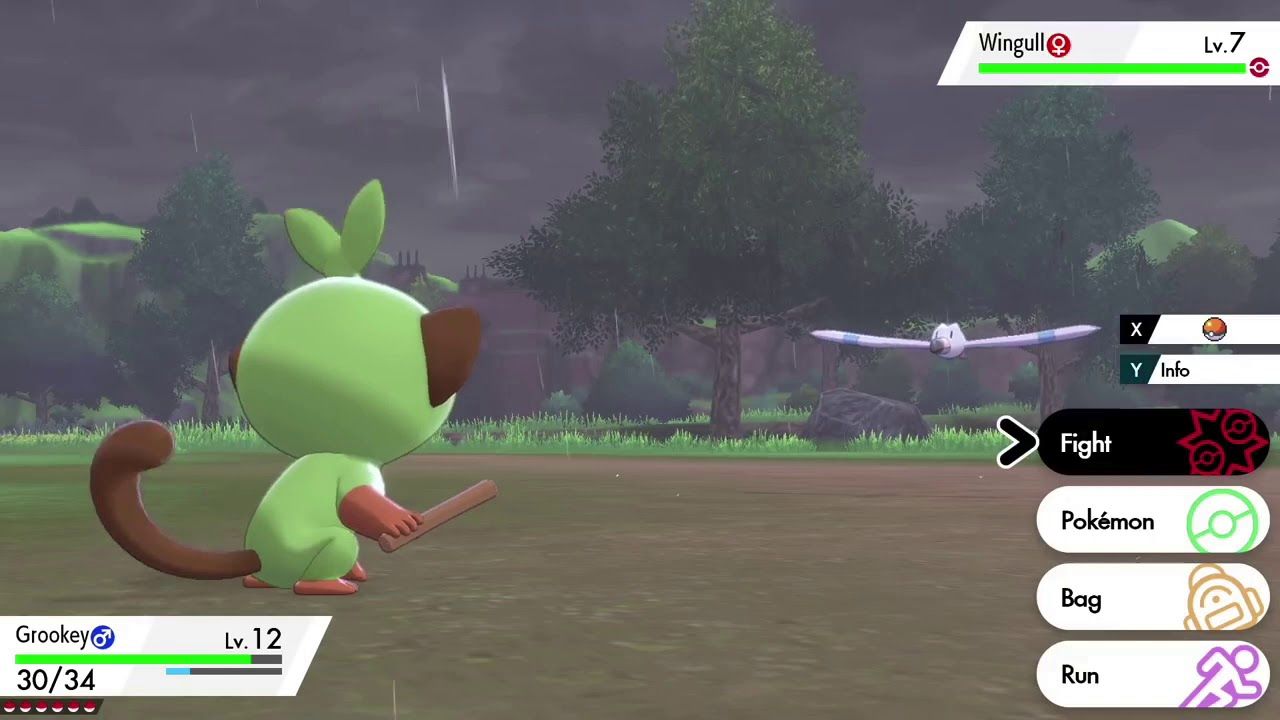Offering Difficulty Settings For Games Is Not Lazy Game Development
Difficulty options can enhance a game. It’s not always just an “easy route” for game developers.
You Are Reading :Offering Difficulty Settings For Games Is Not Lazy Game Development

This all came about because I was stewing in frustrating over the fact that Octopath Traveler does not have any difficulty settings. I completed the game, and I wish more than anything that I could play it a second time on a higher difficulty setting without having to find mods. I couldn’t figure out what the downside would be to not offering difficulty options for players at the beginning of the game. So, like a dutiful journalist, I went to go read about the opposing view.
What stood out to me most was an article written a few years back by a game developer named Maxx Golbraykh. In their article, they started with the premise that adding difficulty options to let people decide how much of a challenge they want is a “bad and lazy design.” They go on to explain this in a bit more detail:
Asking the player to choose the appropriate amount of challenge for themselves before even starting the game is like asking a person going on a blind date to get married. It’s a major commitment based on very little information that they’re going to need to live with for the rest of game.
Maxx continues with an explanation that fixing this by making the difficulty level changeable at any time is no good either:
Games are intended to be challenges of sorts. The idea is to enable players to develop the skills they need to enjoy your game to the fullest, not to give them ways to circumvent that enjoyment. If your goal is to immerse the player in your game world, giving them menu options to change the rules of that entire world on a whim is going to have the opposite effect. Even if those menu options are never touched by the player, simply knowing they exist breaks a part of the immersion because the entire experience hinges on menu options and not anything consistent with the game world.

Now before I delve into my thoughts about this, I want to make it clear that there are definitely ways in which I find this argument to be true. For example, I’ve written before about how Pokemon really needs to implement difficulty settings, but doing this through simply upping the stats of enemy Pokemon or lowering the players’ stats would be cheap. Many games out there fail to implement innovative difficulty settings and instead rely entirely on the tweaking of stats while everything else remains the same. This is lazy game design, but this is not all games. Pokemon could be a much better game with difficulty settings in which the harder mode includes improved AI (such as enemy trainers switching out Pokemon when they should or utilizing super effective moves whenever possible).
I do agree with Maxx that making difficulty settings that are set in stone from the beginning of the game might not be the best option. I tend to think that players would figure out pretty quickly if they were enjoying the level of difficulty, so they would be able to start over quickly enough that it wouldn’t be an enormous hassle, but it’s still a hassle to some degree nonetheless.
However, I don’t think enough credit is being given to the players regarding difficulty options throughout the game. Certainly, most of the gamers I’ve encountered aren’t looking to just give up on something as soon as it’s challenging. Many gamers enjoy the challenge and aren’t going to just be taking advantage of the option to switch difficulties whenever something is hard. As far as the difficulty options being available ruining the game even if they’re not touched, I’m not seeing this argument. Maxx says, “the entire experience hinges on menu options and not anything consistent with the game world,” and that doesn’t describe my experience when playing these kinds of games at all. In Bravely Default 2, I’ve had my fair share of getting my ass kicked by almost every boss I’ve encountered, but I’ve not only never been tempted to drop down to casual mode, but that option existing has never taken anything away from my gaming experience. My (along with many others’) goal when playing a game is to get fully immersed in it, so it’s quite easy to ignore the fact that this option exists. Maxx talks about the menu options as if they’ve got some highly addictive draw that gamers can’t turn their heads from, and that’s just not the case for many people.

I understand the argument that games should be able to accommodate all types of skill levels and desires on one difficulty setting, but this overlooks the fact that not everyone wants to get the same thing out of gaming. Gamers who are extremely good at Call of Duty, for example, have hated skill-based match making because they enjoy being able to just breeze through maps without having to try very hard. It’s just a different form of enjoyment. This example doesn’t involve difficulty settings, but it highlights the fact that even serious gamers aren’t always playing with the intention of being challenged and learning new ways to do things.
Likewise, I am a gamer who certainly enjoys a challenge a lot of the time, but when it came time to play The Witcher 3, I played on story mode (essentially equivalent to “super easy”), because I was way more interested in the narrative aspect of that game than the game’s mechanics. I loved every second of it, yet I wouldn’t have been able to experience the game that way without difficulty settings.
I’m not arguing that every single game should have difficulty settings. The Dark Souls games have actually been praised quite a bit for their lack of difficulty options. That being said, acknowledging that fact doesn’t somehow take away from the way that difficulty options can be a positive feature in plenty of other games, including RPGs. Difficulty settings are not automatically synonymous with lazy game development.
Link Source : https://www.thegamer.com/difficulty-settings-pokemon-dark-souls-witcher/
